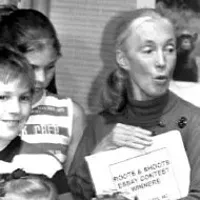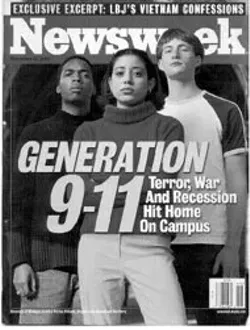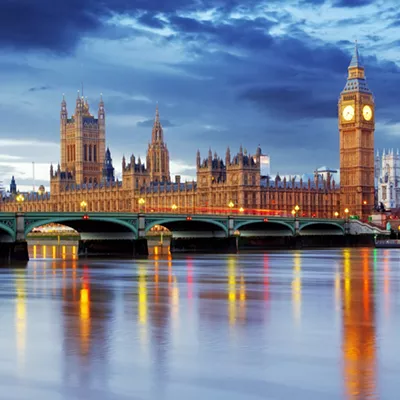Peaceniks or Overnight Patriots?
How do young people feel about the war on terrorism? Depends on who you ask
By T. Eve GreenawayPage 2 of 3
In a similar vein, on October 31, the Orlando Sentinel ran a profile called "Teen Marine." The description for the piece reads: "His Peers Are Devoted to the Pursuit of Fun, But This 14-Year-Old Is Devoted To His Country." In the article, Junior Marine Corporal Danny Serrano expresses regret for being too young to join the armed forces. "I love my country a lot," he says. "I love the military. I just want to be a part with them and help out the United States, like right now in Afghanistan."
Recent evidence shows that most young people are not, in fact, rushing to join the army, but are simply paying closer attention to the news. According to an MSNBC article called "A New Generation of News Junkies," the number of 18-34 year-olds who turned into CNN grew from 16 to 45 percent the first five weeks after September 11. The article, which, is focused more on demographics and advertising opportunities for news organizations than on the social implications of the shift, also suggests that youth are spending more time reading newspapers. "The New York Times' September newsstand circulation was up 37 percent for the month after tripling its retail print run to a record 1.3 million from Sept. 13-15," the article reported.
Then, of course, there's the Internet. Many young people have turned to the Internet to inform themselves about the role the US has played in relation to other countries, especially the nations the Middle East. For a generation already accustomed to doing most of their research online, this electronic hunt feels a bit like cramming for a test in a much larger and more important classroom.
Supporting the story of American youth's hunger for news is a recent Christian Science Monitor article, "Trade Center Attacks Reactivate Campus Activism" which argues that the rush to dissect war news has resulted in a heightened level of political awareness among students. The article also successfully avoids pigeonholing the youth it portrays, and is among the best published on the subject.
Samantha Fernandez, one young student interviewed in the article, describes feeling overwhelmed by contradicting messages from the media, the government and her fellow peace vigil-attending students. She expresses, "a confusing mix of patriotic feelings and a desire for forbearance."
The article also describes September 11 as a bubble bursting, a shock to the system that has caused all kinds of reevaluation. The author quotes Deepinder Mayell, a Boston University student, saying "I think people didn't recognize the responsibility of being a citizen, of being a member of a community before."
Mayell makes an important observation. And his statement poses vital questions: What does it mean to be a young American citizen in this age? Is it about joining an email listserve to stock up on masses of information? Or about spit-shining your combat boots? Can "being a responsible community member" or even an informed "citizen of the world" occur overnight? And will watching more CNN help any of us do that?
While you don't hear it as often, the sentiment that "things will never be the same" is still echoing in many young minds. For the first few weeks after September 11, it was impossible to find a teenager or young adult in the news doing anything more than mourning or looking shocked. But now, the media is finally acknowledging the fact that some younger people may, in fact, have something to say.
What does it mean to be a young American citizen in this age? Is it about joining an email listserve to stock up on masses of information? Or spit-shining your combat boots?
Even David Brooks who, just six months ago, wrote a scathing criticism of students at Princeton for being too self-involved and obsessed with personal success, has now officially revised his outlook. In "The Organization Kid Revisited," he says, "You go back to a place like Princeton or Yale now and immediately you start hearing about fervent debates around the dining hall tables, anguished wrestling with moral problems, and a general sense that the old fixed points of the universe have been shaken loose."
At the same time, some find it difficult not to see this revitalization as gimmicky or, at the very least, overtly, self-consciously smug. In articles like the one published in Newsweek, we hear about a whole generation that has come of age without the kinds of crises that really unite people. "We've had no JFK, no Vietnam" you hear again and again. Never mind those "little projects" like opposing arms sales or corporate influence on politics.
Speaking of Metrobeat.html
-
The Need is Great
Nov 13, 2002 -
Suite Proposition
Oct 23, 2002 -

Lazes Touts Elmwood Area
Oct 9, 2002 - More »






